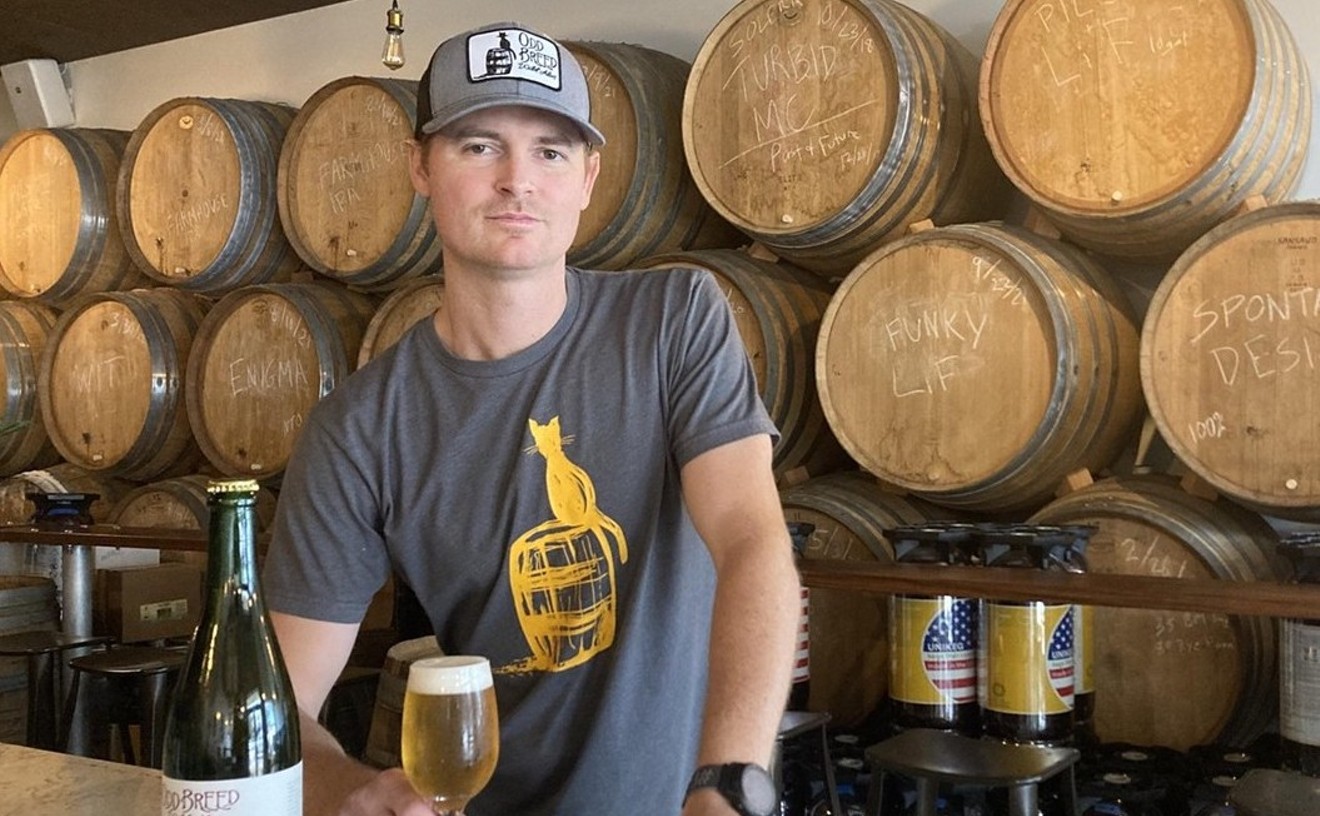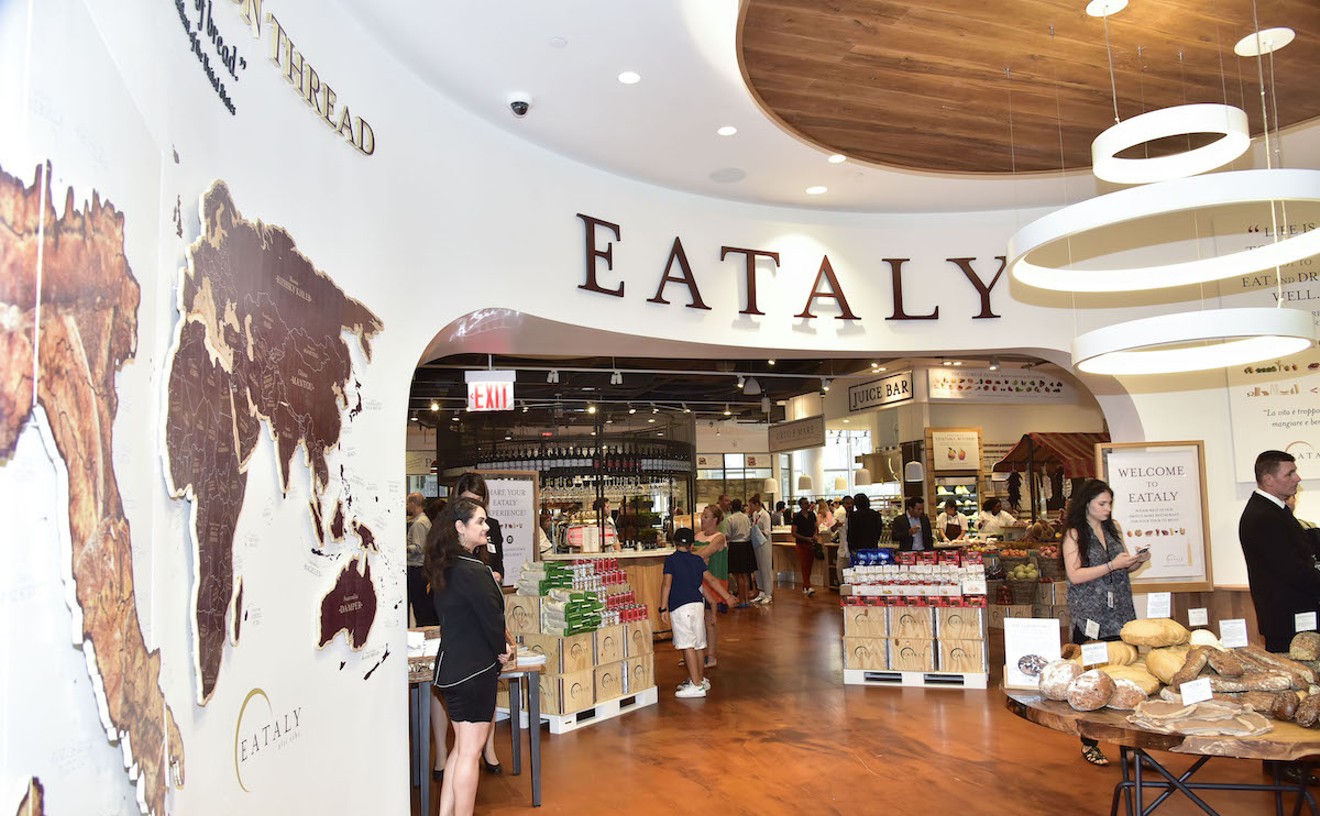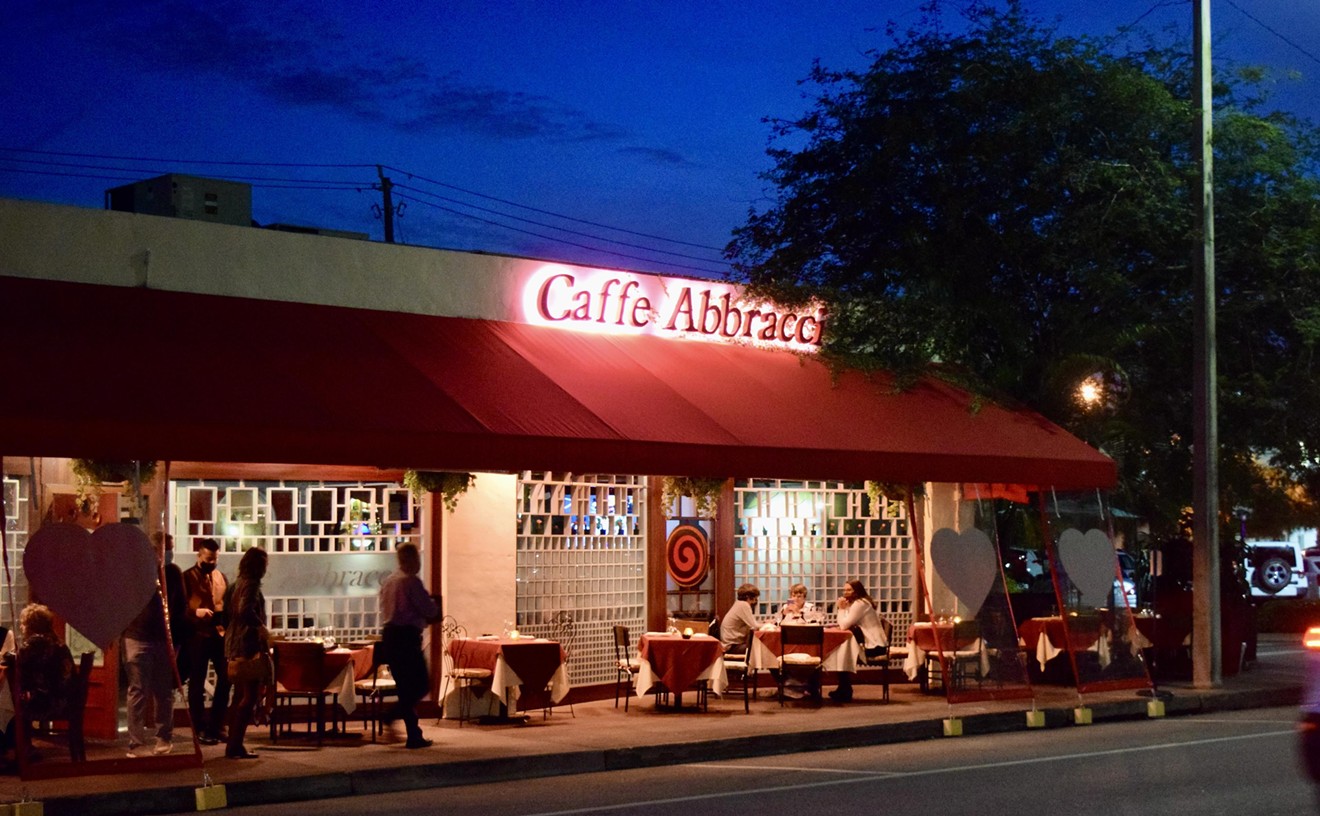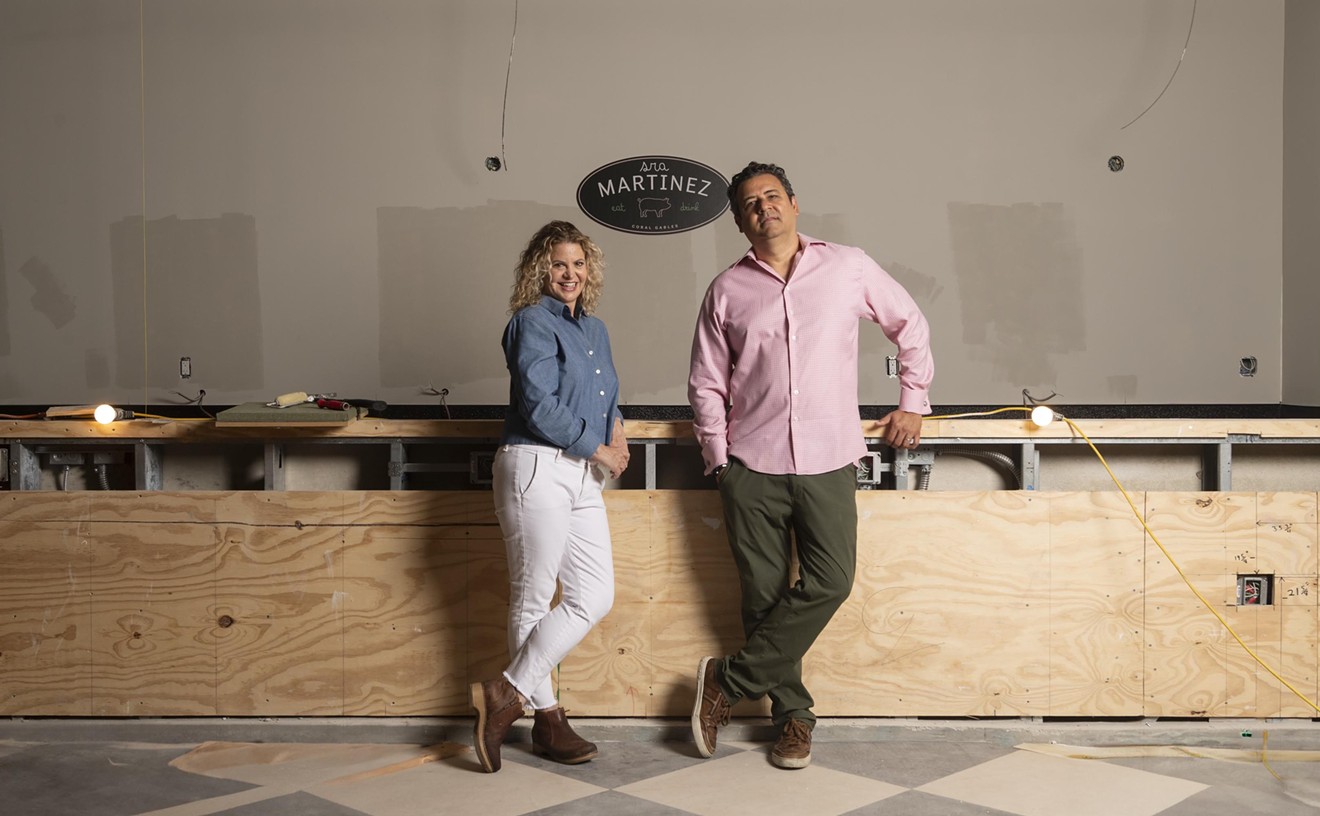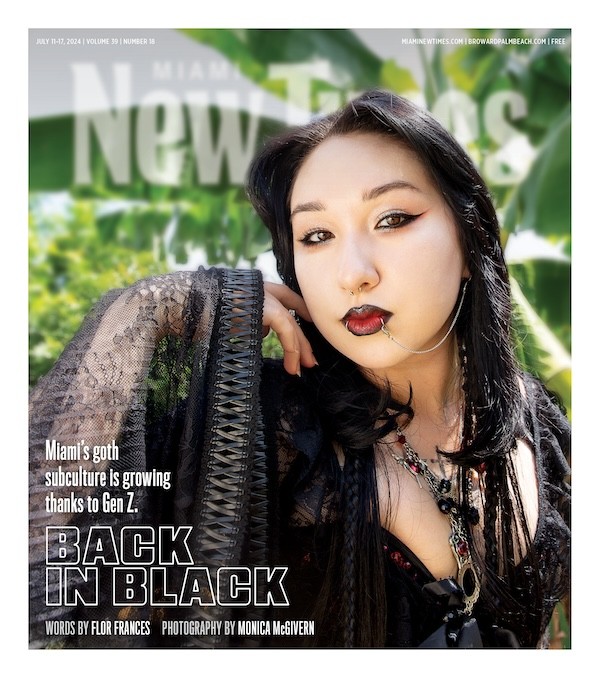Whether they're pickled in a dirt hole for several months, jarred in the back of your pantry, or just fell off the back of a VitaCoco truck, fermented foods have made waves as tasty and health conscious treats. From coconut water and quinoa, to dairy and and beans, any dietary staple can be infused with the cultured brilliance of fermentation. But what exactly is it?
Fermented is a euphemism for rotten or spoiled. Around the turn of the century, canadian dentist Weston A. Price popularized the consumption of fermented fare as a remedy for oral and digestive maladies. He traveled the world, documenting the indigenous foods of various cultures and noting their health effects. Recently, with the appearance of kombucha -- a bubbling mushroom tea that will get you buzzed and cure whatever ails you -- fermented products have slowly made there way back into the collective epicurean consciousness.
See also: Pitaya: Step Aside Acai, There's a New Superfood in Town
"The idea is to give the body a fresh supply of friendly bacteria, because they affect both our digestive and immune systems," said Mike Moskos, founder of Local Food South Florida. "A lot of health problems go away -- albeit slowly -- when you add fermented foods daily, even in tiny quantities."
Moskos is a veteran fermenter, and has brought his briny passion to the local community for over a decade. "For me personally, I started fermenting 14 or 15 years ago because you couldn't find most of what I wanted to try in the stores. Now, I ferment two types of kombucha tea, two types of kefir and some vegetables and fruit."
Though fermented foods are much more mainstream than when Moskos started, they're pretty expensive. At your local specialty food store, a jar of kimchi (Korean fermented cabbage) can run upwards of $9, and a flask of GT's Raw Kombucha is about $4. Factor in regular consumption and all that bacteria starts to put a strain on your wallet.
"If money is tight, I would say the best use of your food dollar is to buy the best quality ingredients and ferment them yourself," Moskos said. "For example, non-organic kombucha tea in the stores is about $30 a gallon. I can make it all organic for under $1 a gallon. That adds up when you drink a few gallons a month. Add the other ferments and you're starting to talk about real money. And that money can be spent on chemical-free local produce, raw dairy, pastured meats, etc."
DIY Easy & Cheap Fermented Drink: Rejuvelac
If you're a fermentation novice, here's a simple way to add some probiotics to your diet. Rejuvelac is made from two simple ingredients: Quinoa and water. It was popularized by Ann Wigmore, the godmother of American health foods, who was also responsible for making wheat grass shots a juice bar essential. Basically, you add a cup of quinoa to a gallon jug, fill with water, cover with a towel and leave to ferment in your pantry for 48 hours, stirring occasionally. After two days, strain the quinoa and drink the tart tasting water at least 20 minutes before your meals.
Feeling adventurous?
Want to take your taste buds out for a whirl? Then try the kimchi natto at Yakko-San. Natto is fermented Japanese soy beans, and no that stringy texture isn't from freshly melted cheese. The beans themselves taste like they've been fished out of the bottom of a garbage pail, but in a good way. These aren't for the faint of heart, but if kombucha and kefir seem like child's play to you, the natto at Yakka-San will make your palate do some extra heavy lifting.
Follow Short Order on Facebook, on Twitter @Short_Order, and Instagram @ShortOrder.





